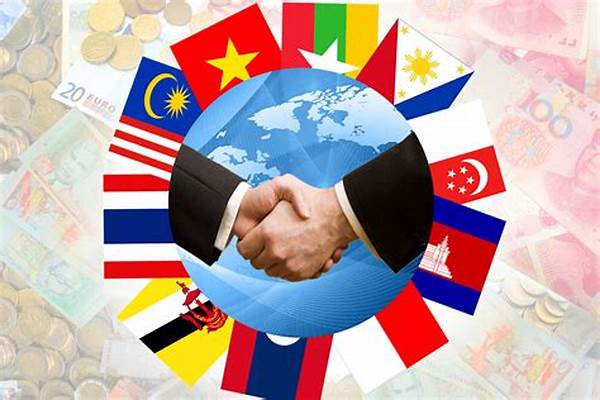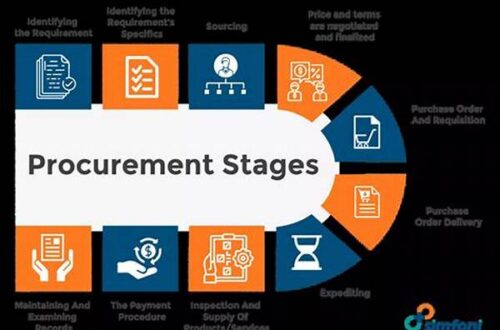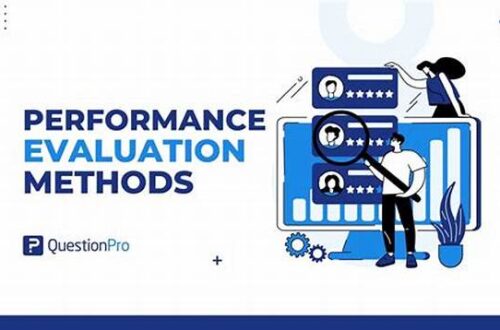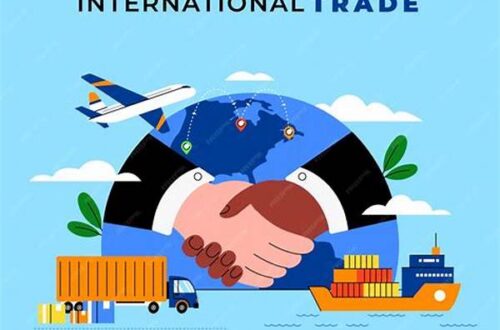In an era characterized by complex geopolitical challenges, regional cooperation in conflict mitigation has emerged as a pivotal mechanism for maintaining peace and security. The interconnected nature of contemporary conflicts necessitates collaborative efforts across national boundaries, highlighting the importance of regional frameworks in addressing and resolving disputes. This article provides an in-depth exploration of how regional cooperation functions as an effective tool in mitigating conflicts, drawing on various examples and principles that underpin these efforts.
The Importance of Regional Cooperation
Regional cooperation in conflict mitigation is essential due to the interconnectedness of modern-day conflicts. Regional approaches can address the unique cultural, political, and economic circumstances that global strategies may overlook. By fostering dialogue and collaboration among neighboring nations, regional efforts can more effectively align with the specific needs and concerns of the affected areas. Furthermore, regional organizations often possess better access to local knowledge and resources, making them well-positioned to implement context-specific conflict resolution strategies. These collective efforts foster stability, helping to prevent the escalation of localized disputes into broader regional or even global conflicts.
Regional cooperation in conflict mitigation also serves as a platform for building trust and fostering relationships among nations with shared interests. Such cooperation can enhance mutual understanding and reduce suspicion, further contributing to the prevention of conflicts. By pooling resources and knowledge, regional frameworks can reduce the likelihood of misunderstandings and miscommunications that often exacerbate tensions. Hence, the regional cooperation model not only addresses immediate conflict scenarios but also lays the groundwork for long-term peace and security in the region.
Key Aspects of Regional Cooperation
1. Facilitation of Dialogue: Regional cooperation in conflict mitigation emphasizes dialogue and communication, promoting understanding and resolution between conflicting parties.
2. Resource Sharing: By pooling resources, regional efforts provide better resources and expertise, thereby enhancing the effectiveness of conflict resolution strategies.
3. Cultural Sensitivity: Regional approaches are better aligned with local cultures and contexts, allowing for solutions that are culturally sensitive and more readily accepted by affected populations.
4. Preventive Diplomacy: Regional mechanisms often engage in preventive diplomacy, aiming to address conflicts before they escalate into violence or larger confrontations.
5. Capacity Building: Through cooperation, regions can build institutional capacities, enhancing their ability to manage and resolve conflicts independently and sustainably.
Challenges and Opportunities
Despite its advantages, regional cooperation in conflict mitigation faces several challenges. Differences in political systems, economic interests, and historical tensions can hinder collaborative efforts. Regional organizations must navigate these complexities, seeking innovative solutions that reconcile differing priorities while still achieving common peacebuilding goals. There is also the challenge of securing consistent commitment and engagement from all relevant stakeholders, which requires sustained diplomatic effort and negotiation.
Nevertheless, the opportunities presented by regional cooperation in conflict mitigation are significant. By fostering a collective approach to security, regions can create resilient systems capable of adapting to changing dynamics. These mechanisms allow for flexible responses to emerging threats, ensuring that peacebuilding efforts remain relevant and effective. The international community has an important role to play in supporting these regional initiatives, providing necessary resources, expertise, and diplomatic backing to enhance their impact and sustainability.
Regional Cooperation Frameworks
Various frameworks have been established to facilitate regional cooperation in conflict mitigation. These include legal agreements, treaties, and operational bodies that provide structured environments for dialogue and cooperation. For instance, organizations such as the African Union, Association of Southeast Asian Nations (ASEAN), and the Organization of American States (OAS) have developed robust mechanisms for conflict resolution. These entities provide platforms for member states to engage in continuous dialogue, share best practices, and coordinate collective responses to conflicts.
Moreover, these frameworks contribute to establishing norms and guiding principles that encourage peaceful dispute resolution. They often involve regular meetings and consultations, promoting transparency and accountability among member states. By fostering an environment conducive to open communication and collaboration, such frameworks serve as vital tools in regional conflict mitigation efforts, ensuring that all parties remain committed to the shared objective of maintaining peace and security.
The Role of International Support
International support plays a critical role in regional cooperation in conflict mitigation. The assistance provided by global powers and international organizations can bolster regional efforts, offering technical expertise, financial resources, and political support necessary for successful conflict resolution. International actors can facilitate dialogue among conflicting parties, help design effective mediation strategies, and provide logistical support for peacekeeping missions.
Such involvement, however, must be sensitive to regional dynamics and priorities, ensuring that the sovereignty and autonomy of regional actors are respected. Collaborative efforts between regional and international stakeholders can enhance the legitimacy and effectiveness of conflict mitigation initiatives. By ensuring that regional frameworks are adequately supported and resourced, the international community contributes to sustainable peace and stability worldwide, reinforcing the efficacy of regional cooperation in conflict mitigation.
Concluding Reflections
In conclusion, regional cooperation in conflict mitigation remains a crucial element in the architecture of global peace and security. By addressing conflict at a regional level, these cooperative efforts are better positioned to understand and manage the unique challenges and opportunities that each situation presents. The strength of regional cooperation lies in its ability to tailor solutions to specific contexts, engage local actors, and foster trust and mutual understanding among neighboring states.
The path forward involves continued investment in building robust regional frameworks, capable of adapting to the evolving nature of global conflicts. By integrating lessons learned from past experiences and leveraging both regional and international resources, effective conflict mitigation strategies can be developed and implemented. As the world continues to navigate complex geopolitical landscapes, regional cooperation will undoubtedly play an indispensable role in fostering a more peaceful and secure global community.





